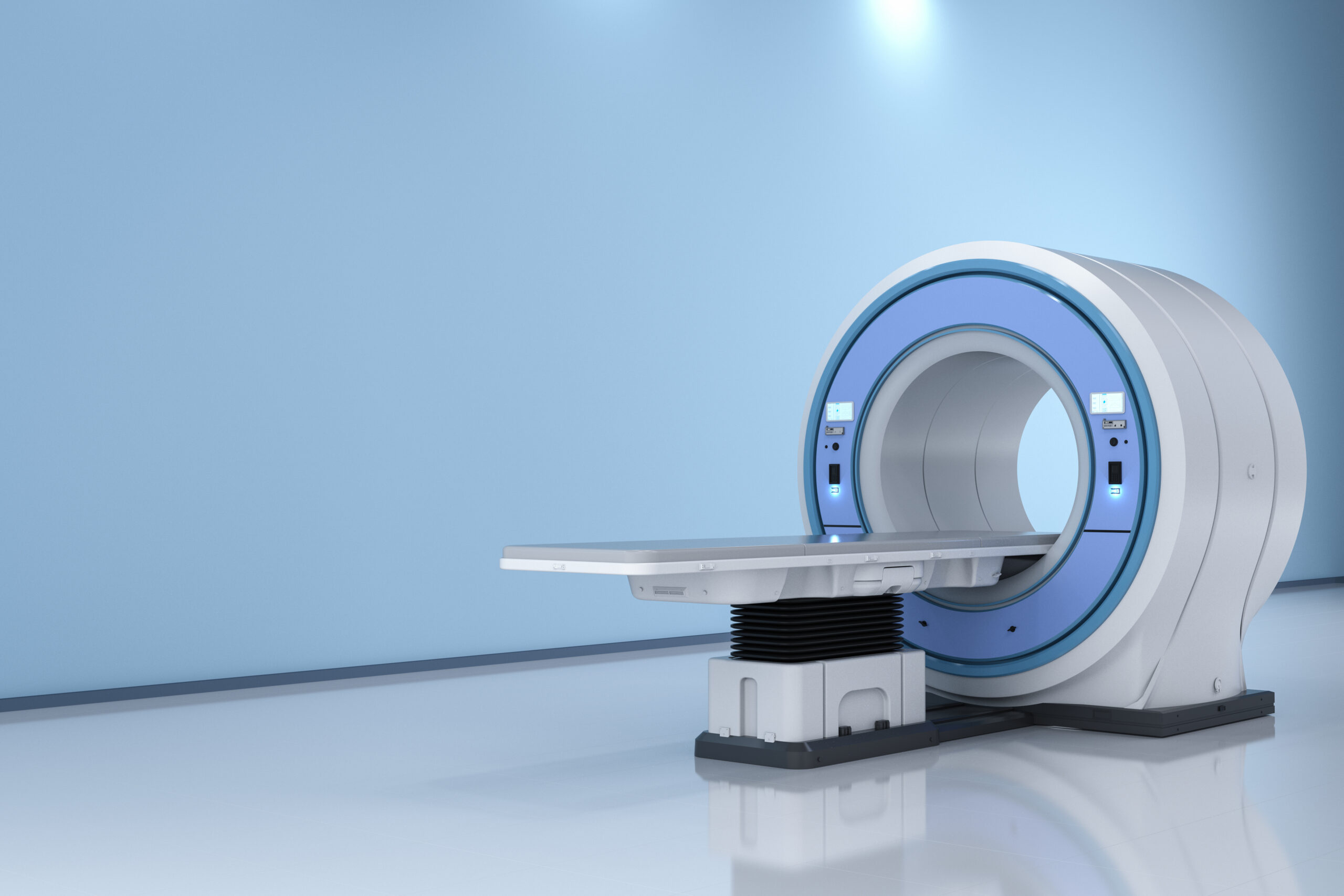How does menopause affect first responders
**How Menopause Affects First Responders: A Closer Look**
Menopause is a natural phase in a woman’s life, but for first responders—firefighters, paramedics, police officers, and emergency medical staff—the physical and emotional challenges of this transition can collide with the high-stress demands of their jobs. Here’s what you need to know about how menopause impacts these critical workers.
—
### The Physical Toll
Menopausal symptoms like **hot flashes**, **night sweats**, and **sleep disruptions**[2][4] can be particularly disruptive for first responders who rely on stamina and focus during emergencies. Imagine battling a fire or administering life-saving care while coping with sudden dizziness or a racing heartbeat[2]. Joint pain and muscle stiffness[5], common during menopause, may also hinder physical tasks like lifting equipment or patients.
Shift work adds another layer of difficulty. Irregular sleep schedules—common in emergency services—can worsen hormonal imbalances linked to menopause[1]. Studies suggest night shifts might even influence the timing of menopause itself, though findings remain inconclusive[1].
—
### Emotional and Mental Health Challenges
Mood swings, anxiety, and brain fog are well-documented menopausal symptoms[4][5]. For first responders already exposed to traumatic events daily, these changes can compound stress levels. Resilience plays a key role here: research shows that women with strong coping mechanisms often manage symptoms better[5], but high-pressure environments may deplete those reserves over time.
—
### Workplace Realities
Many first responder roles lack accommodations for menopausal symptoms. Uniforms designed for safety might trap heat during hot flashes; limited access to restrooms or cooling breaks could exacerbate discomfort[2][4]. Stigma around discussing menopause in male-dominated fields may also prevent women from seeking support or adjustments at work[3].
Recent legislative efforts aim to address gaps in research about how menopause affects servicewomen and veterans[3], highlighting the growing recognition of this issue—though similar attention is still needed for civilian first responders.
—
### Moving Forward
Awareness is the first step: training supervisors about menopausal health could foster more supportive workplaces. Practical solutions include flexible scheduling during symptom flare-ups, moisture-wicking uniforms, or access to on-site wellness resources like counseling rooms where women can regroup after hot flashes strike mid-shift.[^1] Open conversations between employees and employers are critical too—because when we support those who protect us daily through every life stage everyone benefits.[^2]
—
*This article avoids technical jargon to prioritize clarity while addressing an underdiscussed issue affecting essential workers.*
—
**Footnotes** (for context only; not part of original article):
– [^1]: Hormone therapy (estrogen/progesterone) or nonhormonal treatments (e.g., cooling vests) could help manage symptoms if deemed safe by healthcare providers[2].
– [^2]: Peer support groups tailored for menopausal first responders might reduce isolation while sharing practical coping strategies across teams facing similar challenges.[5]





